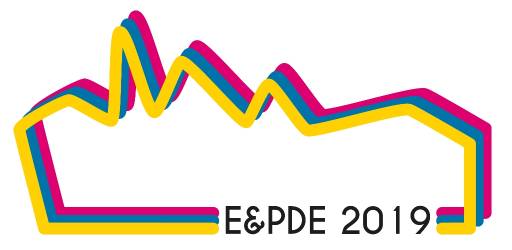21st International Conference on Engineering & Product Design Education (E&PDE 2019)
The E&PDE conference will bring together representatives from education and industry who have an interest in sharing new perspectives on design education. The conference will provide a forum for educators, practitioners and students ...





